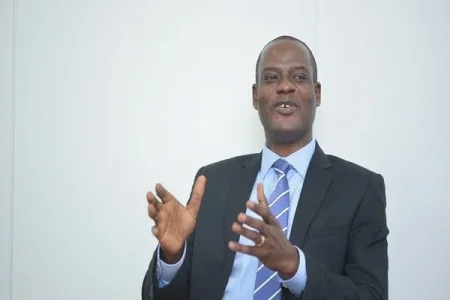
Nigeria’s Federal Government is implementing a single-digit tax reform to reduce the tax burden on citizens and businesses. Led by Taiwo Oyedele, the reform includes tax simplification, collaboration between authorities, and lowering corporate tax rates, aiming to boost economic activity and curb evasion.
The Federal Government of Nigeria, through the Presidential Committee on Fiscal and Tax Reforms, is moving toward a single-digit tax regime to reduce the tax burden on individuals and businesses. Chairman Taiwo Oyedele announced the reform aims to streamline taxes to fewer than ten, addressing longstanding complaints over Nigeria's complex and burdensome tax system. Speaking on Channels Television’s Hard Copy, Oyedele explained that the initiative is part of a broader plan to harmonize taxes, simplify administration, and ultimately stimulate economic growth.
Key elements of the reform include enhancing collaboration among tax authorities at federal and state levels, improving data sharing, and implementing tax intelligence and capacity building. Oyedele emphasized the need for an updated tax administration framework to facilitate taxpayer registration, simplify filing, and leverage technology to improve efficiency.
He also highlighted the government’s commitment to reducing the overall tax burden rather than increasing it. The approach includes strategies like removing disincentives to business formalization, expanding technology use for tax management, and cracking down on tax evasion to ensure fair practices. Additionally, the government plans to reduce corporate income tax from 30% to 25% within two years and eliminate certain earmarked taxes, replacing them with a single, lower-rate levy.
The reforms respond to widespread frustration over multiple taxes and aim to create a level playing field that rewards compliance while discouraging evasion, benefiting both small and large enterprises.




